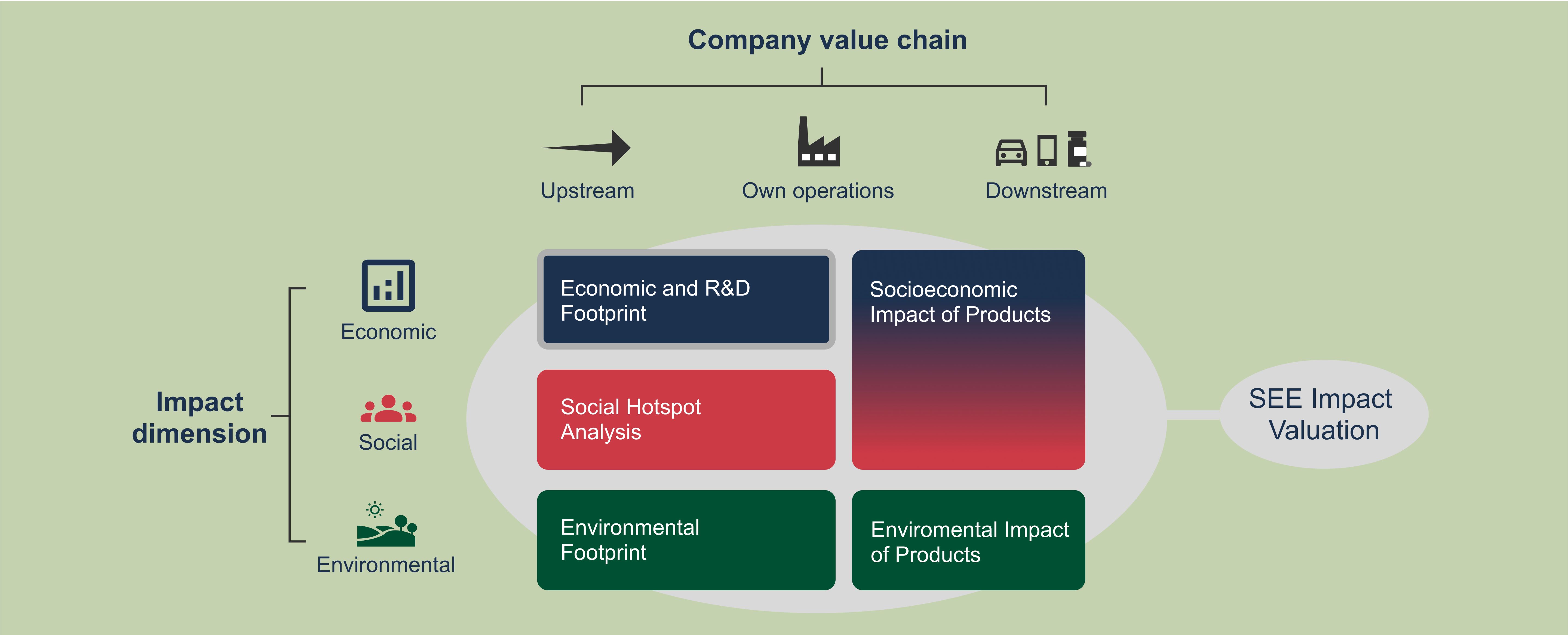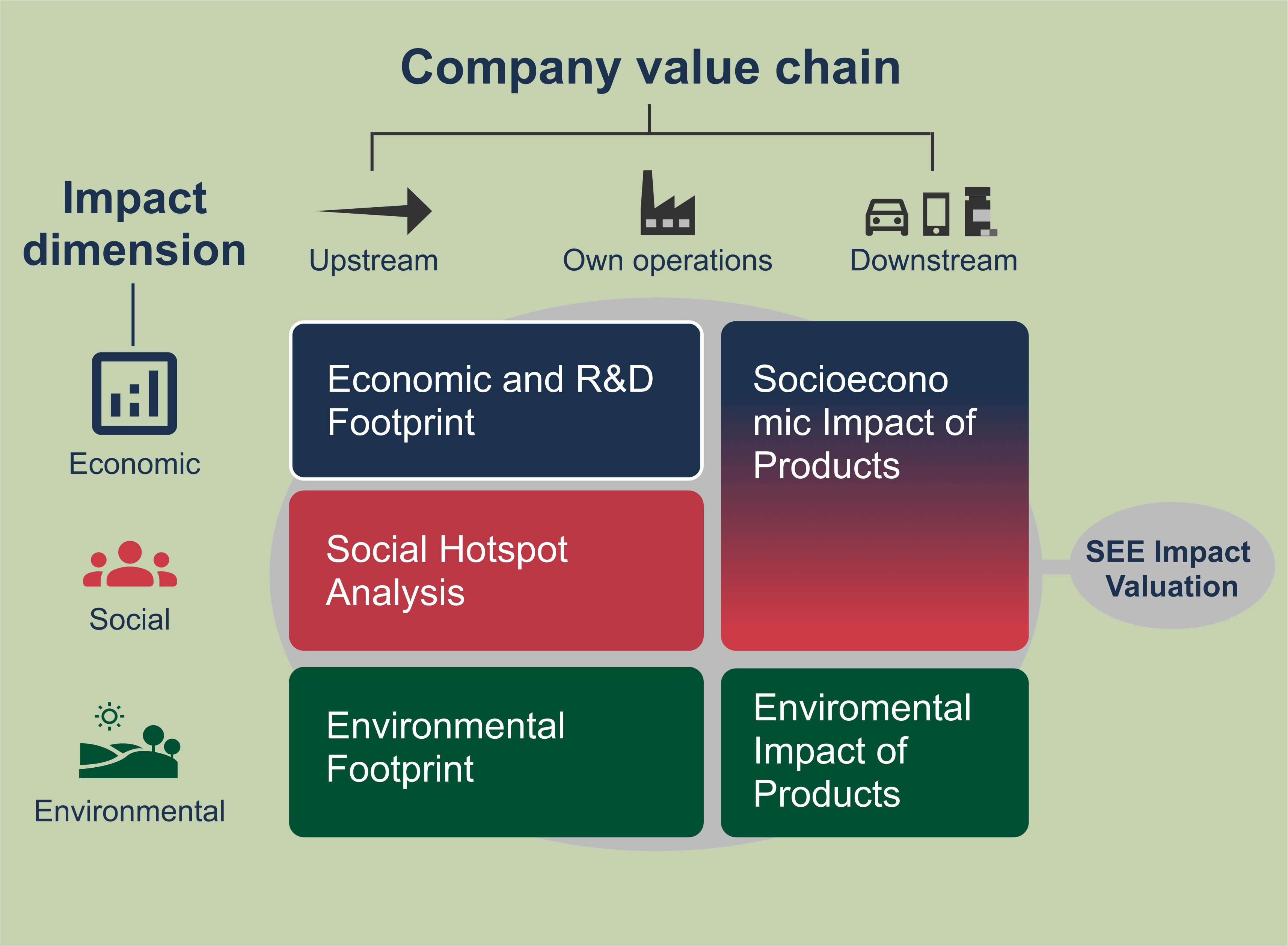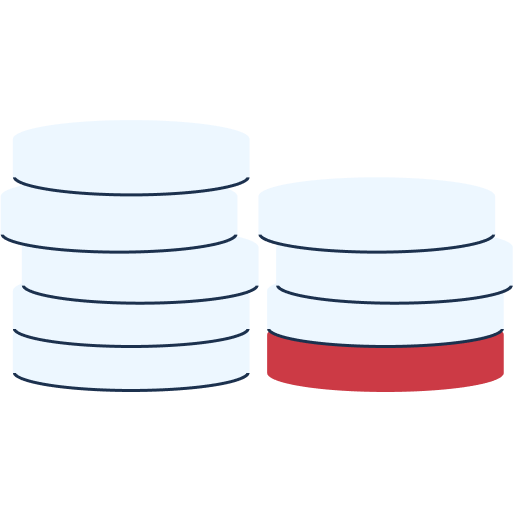Impact Valuation
Which impacts do business activities have on society? How can social, environmental, and economic effects be measured and compared? Impact Valuation provides guidance on navigating these challenges.
Impact Valuation: Definition
Impact Valuation is a method that measures the value of business activities for society – beyond pure financial figures. It quantifies the positive and negative impacts of an organization or industry along the entire value chain. Using Impact Valuation factors (also known as value factors), social, environmental, and economic data is converted into monetary values.
Impact Valuation factors express the societal significance of physical variables. For example, a company’s water consumption can have different consequences for the population depending on its location. Liters of water consumed is therefore not a sufficient key figure alone to reflect the social significance. The monetized values in USD or EUR, however, include the positive and negative impact that corporate actions have on society.
The results allow for comparison of the social, environmental, and economic impacts of business units, sectors, regions, and political objectives. These insights support the understanding and reporting of a company’s contribution to society – thereby enabling informed decision-making based on valid data.
Social, environmental, and economic indicators
WifOR uses more than 170 indicators to measure the impact on society in physical and monetary units. Using Impact Valuation factors, the social significance of the individual physical values is calculated.



Impact Valuation: Objectives
- Set a foundation for comprehensive sustainability management and development of long-term value creation strategies
- Contextualize sustainability performance by enabling comparison with relevant benchmarks (e.g., industry, regional, and national averages)
- Open new channels of dialogue with stakeholders across society and support informed communication grounded in research
- Provide a scientific basis for non-financial reporting
Use Cases: How do companies apply Impact Valuation
Impact Valuation supports companies in making data-driven decisions, aligning their strategies with sustainability goals, and communicating sustainability indicators both internally and externally.
Political context
The United Nations has set 17 Sustainable Development Goals (SDGs) on its 2030 Agenda. The SDGs were adopted by all UN Member Nations in 2015 and are a call for global cooperation to promote peace, prosperity, and planetary well-being.
WifOR’s sustainability research supports organizations and industries in measuring progress and achieving targets set by the Sustainable Development Goals. Impact Valuation contributes to the following SDGs:
Social
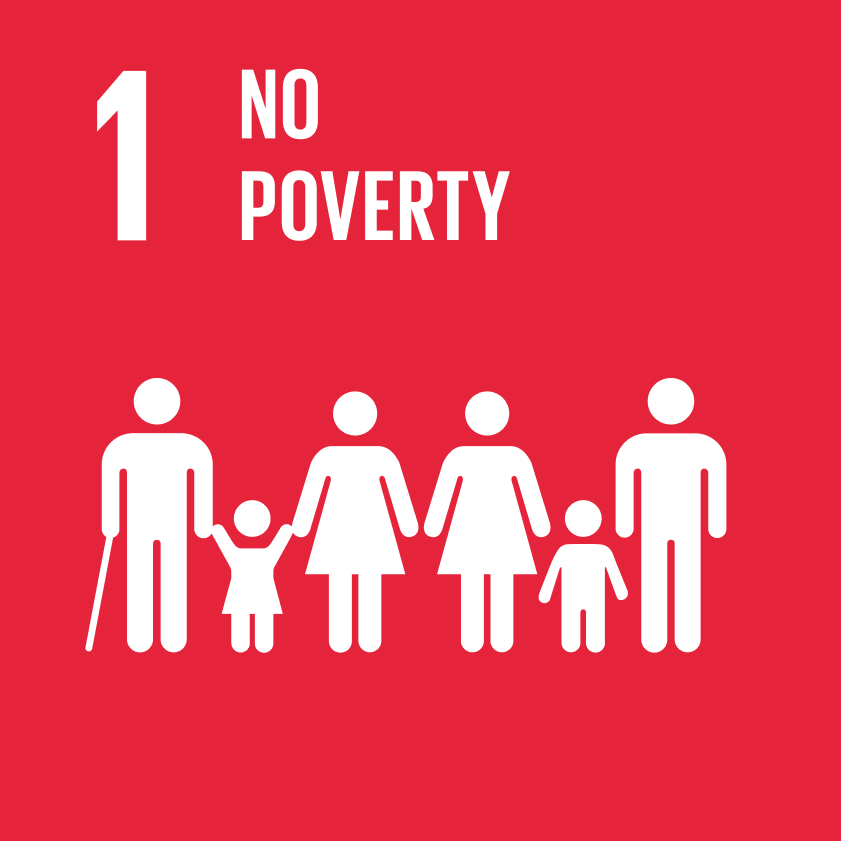

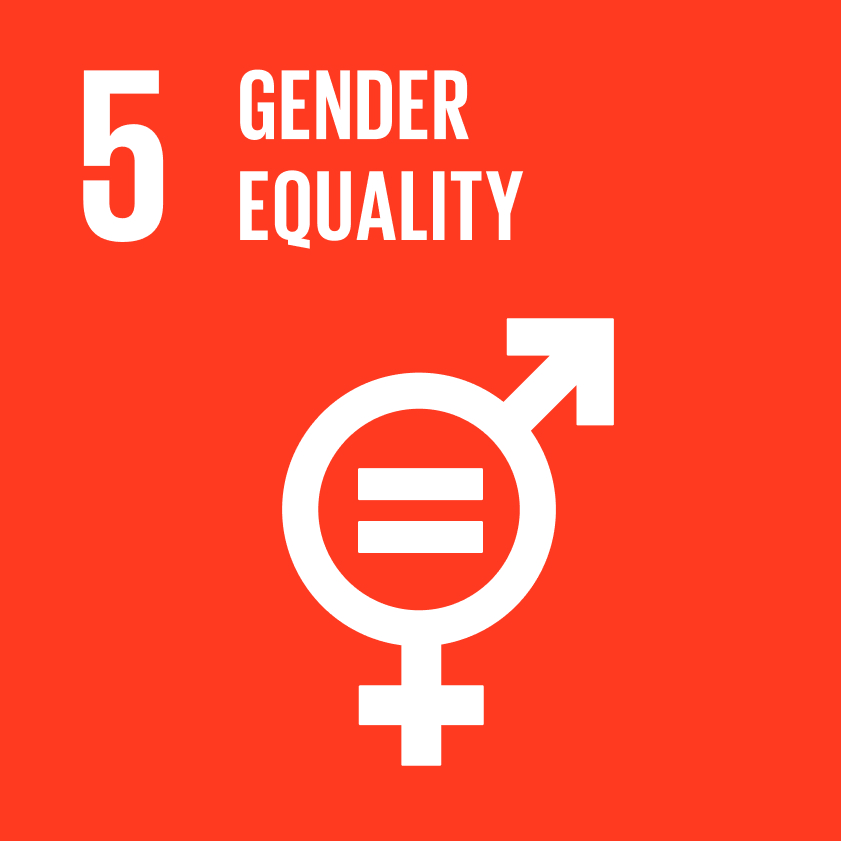
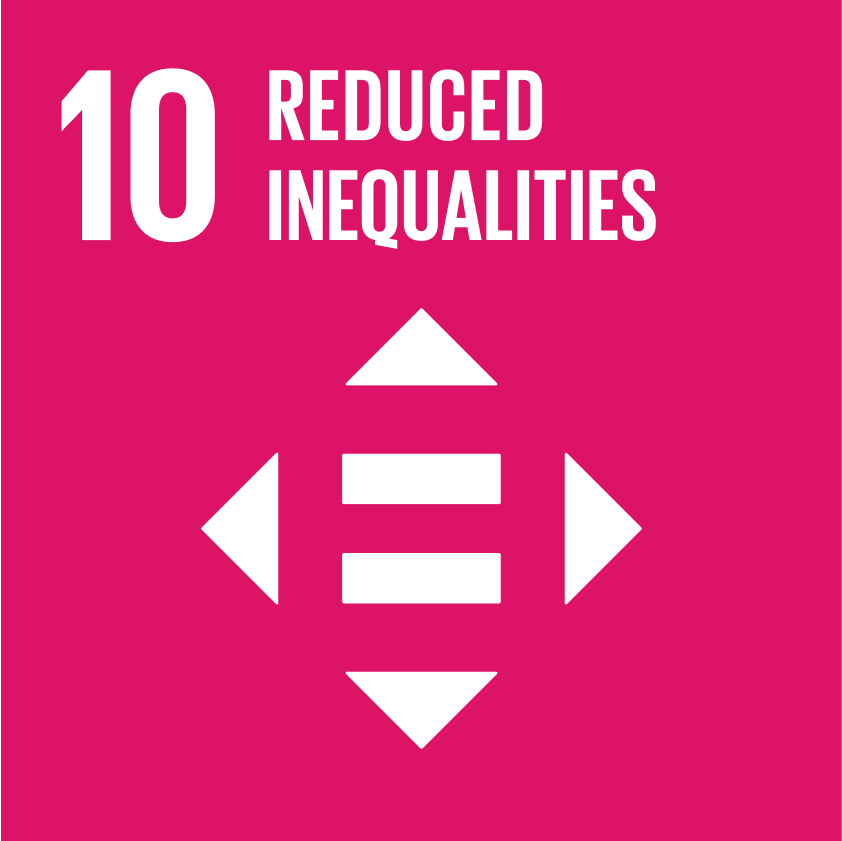

Environmental
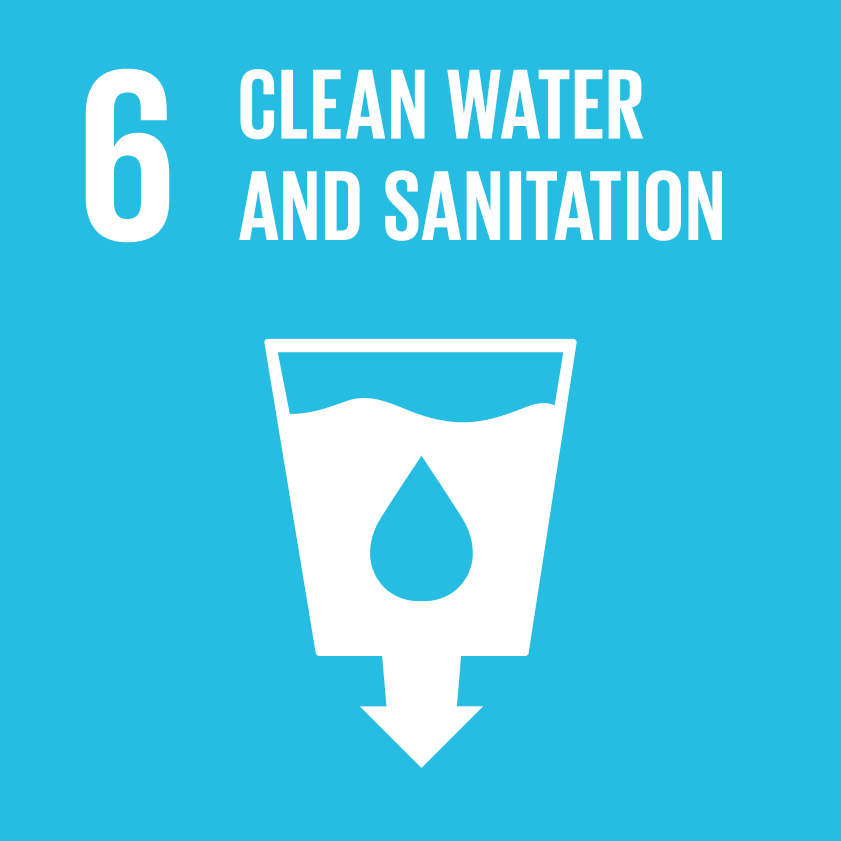
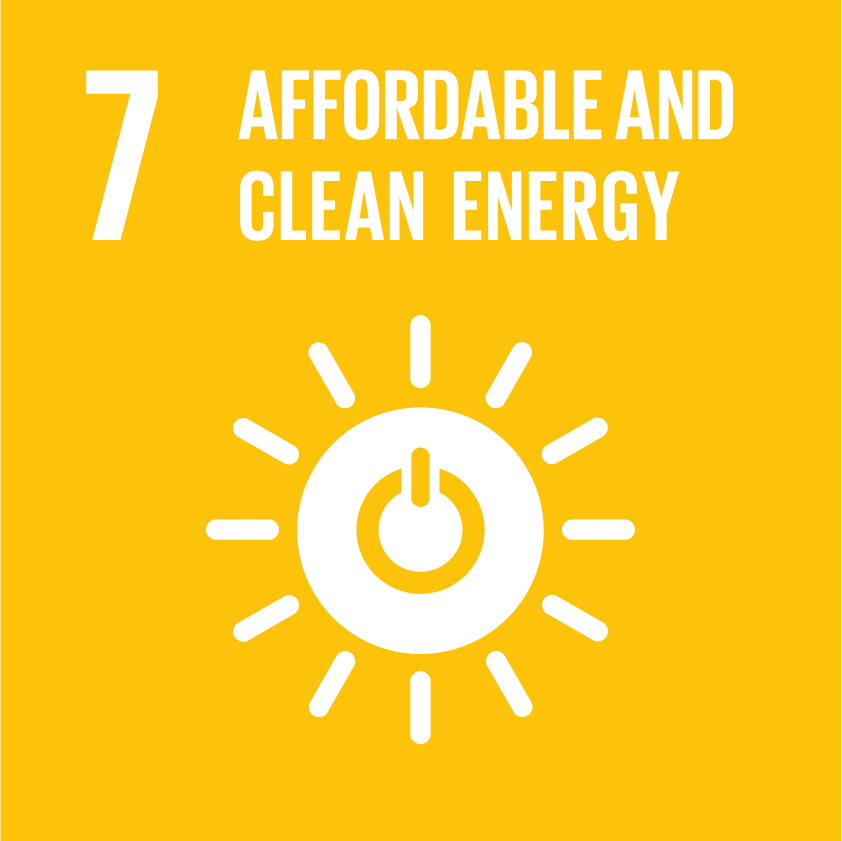



Economic

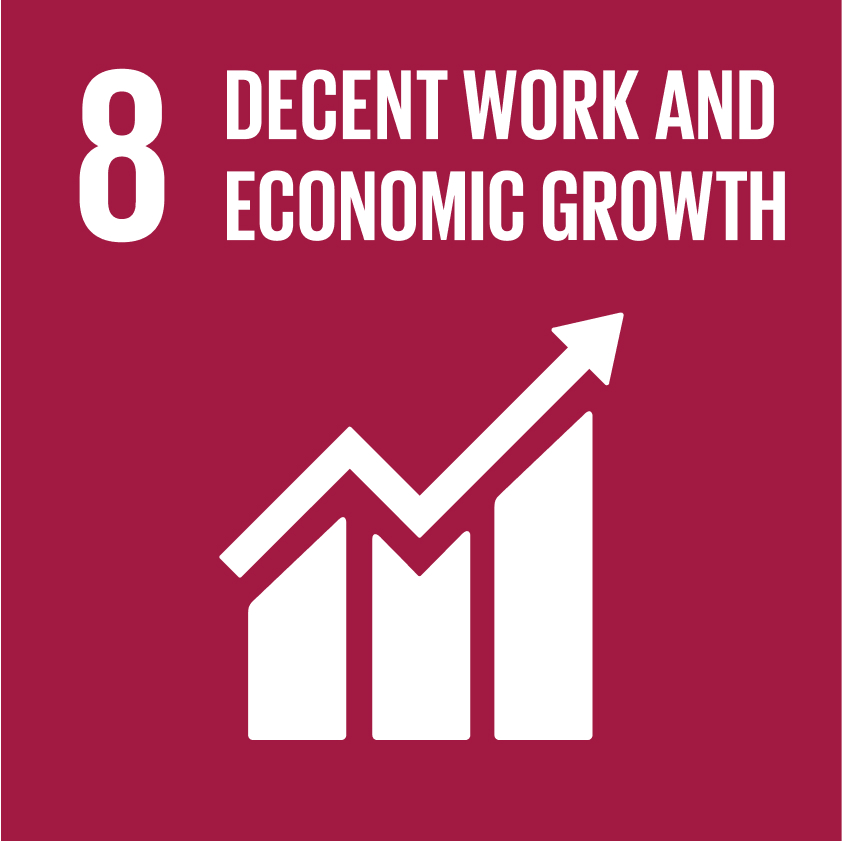
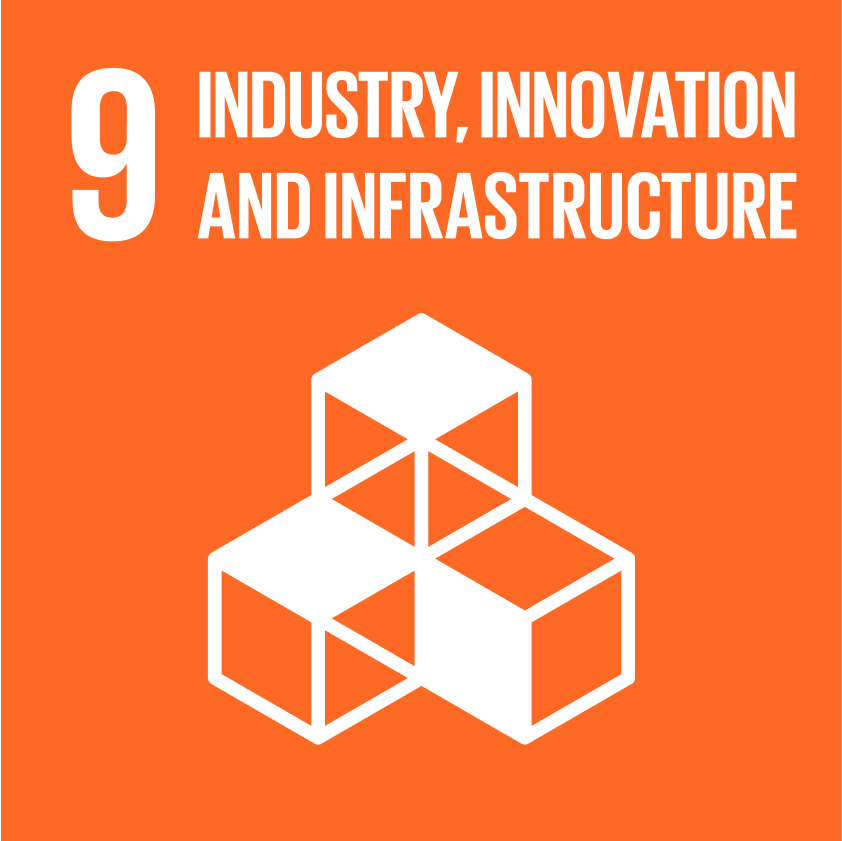
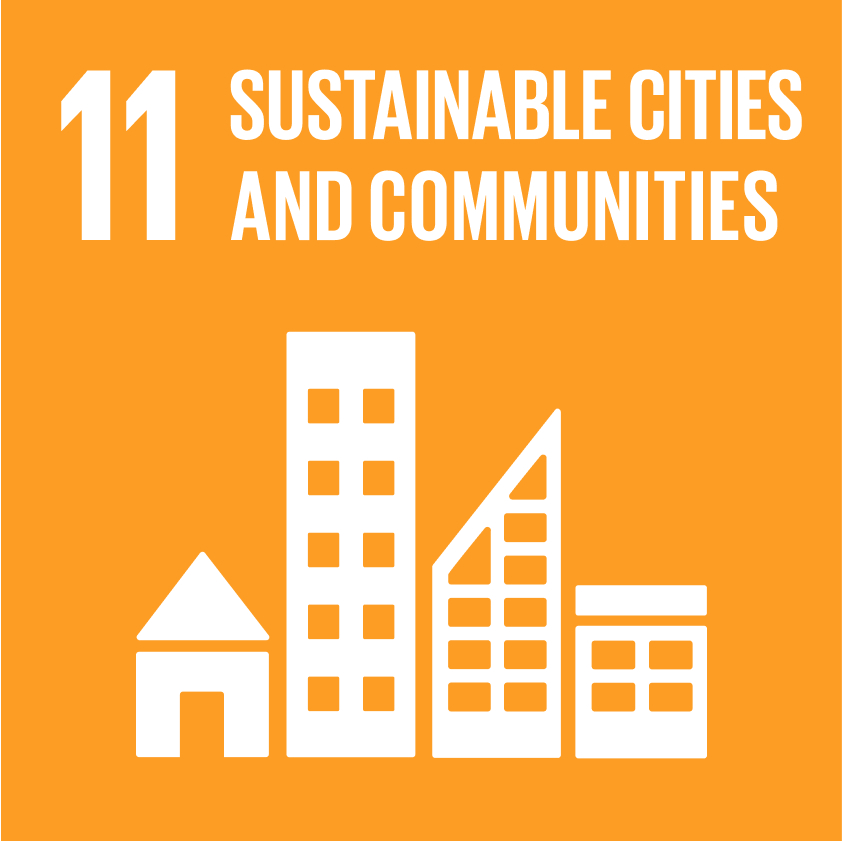
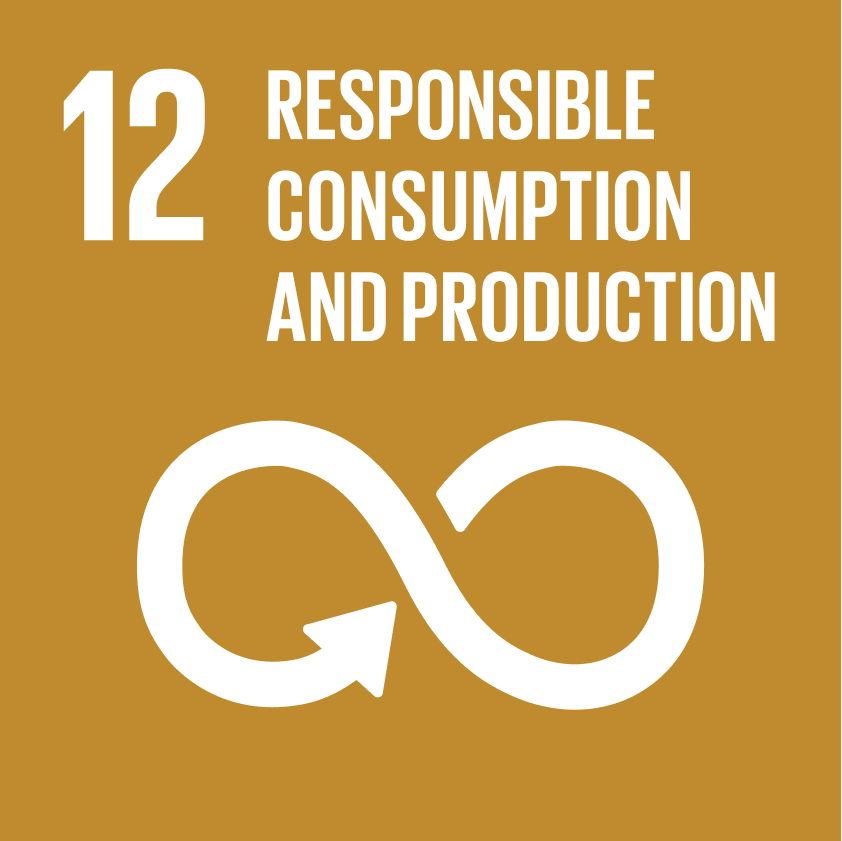
Do you want to measure and enhance your organization’s impact or present it transparently to key stakeholders? Then please contact us for further information.
Latest articles from WifOR’s Sustainability Research
-

Interview with Dr. Richard Scholz
Using Impact Valuation to act responsibly – along the supply chain
-

A comparison of German and European supply chain laws
New supply chain laws: What do they mean for companies?
-

Nonfinancial Reporting
Net Zero – How to develop strategies using sustainability reporting standards



